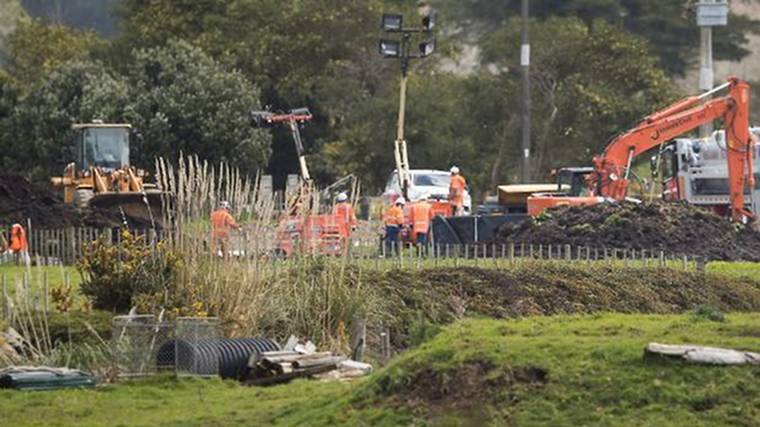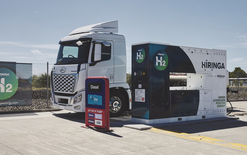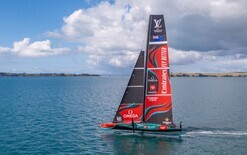Fuel stocks stable: Z Energy, BP

Disruption continues and the costs are rising following the rupture of a fuel pipeline in Northland on Thursday. Though nearly 30 flights have been cancelled today, and estimates indicate that the spill may cost up to $15 million, councils and fuel retailers remain positive that the situation is being handled competently. Z Energy today said that four of its Auckland stations ran out of 95 octane fuel yesterday, due to the company prioritising the delivery of diesel and 91 octane petrol. The company assured drivers today though that despite yesterday’s shortages, good stocks of 95 octane fuel were continuing to be trucked into Auckland and there should be no Z stations running out of it. BP also confirmed that its fuel stocks were stable. "Availability of all fuel grades currently continues at BP sites across New Zealand. This includes Regular 91, Premium 95, Ultimate 98 and Ultimate Diesel as usually stocked," BP said in a statement released just before midday today. The pipeline, which carries all aviation fuel to Auckland Airport, is 169km long and operated by refining company Refining NZ, ruptures Thursday following what is thought to be damage caused by a digger earlier in the year. In an update released at 9am this morning, Northland Regional Council said that around 80,000 litres of fuel has been reported spilled, but that this is not likely to cause any significant environmental damage, owing to the timely response from the refinery. In a statement yesterday, Refining NZ said that a 30 person team has been working on a 24 hour basis over the last four days to clean up the spill, and that most of the jet fuel has been recovered from the spill site. Energy and Resources Minister Judith Collins told RNZ’s Morning Report today that a number of measures were being taken to speed up fuel distribution. The NZTA was making it easier for tankers to get over-weight permits to be allowed to carry more fuel, Collins said. Auckland Transport and NZTA were working together to phase traffic lights so trucks could get to fuel stations more quickly. Auckland Council would also extend the times when fuel drop-offs were allowed in the city, she said. The Government also said the NZ Defence Force was making 890,000 litres of military fuel available to civilian aircraft, and 20 of their drivers were being drafted in to help local operators manage the workload.





